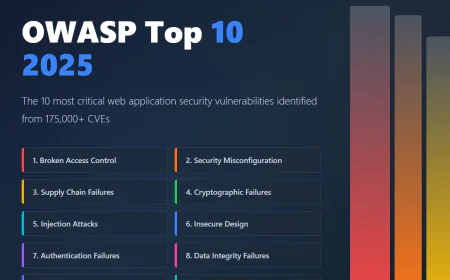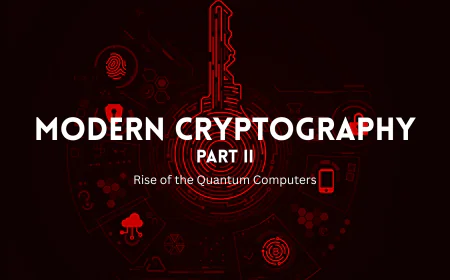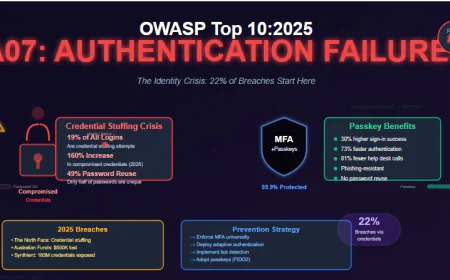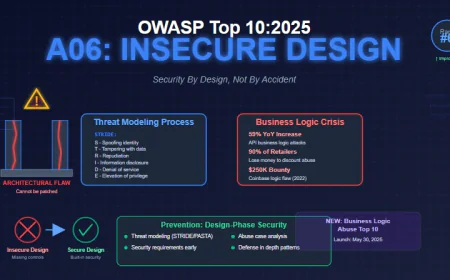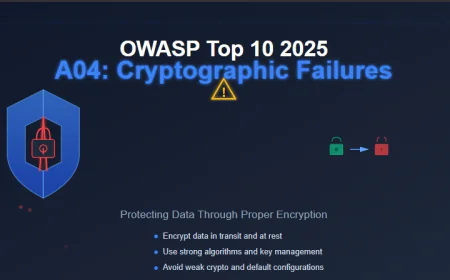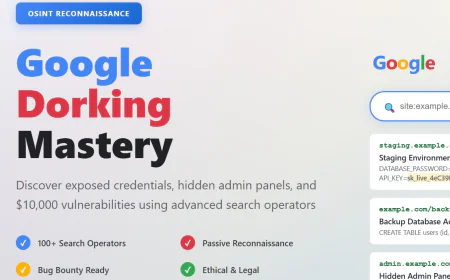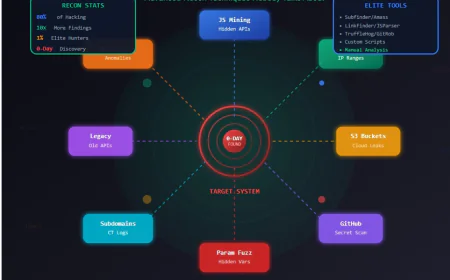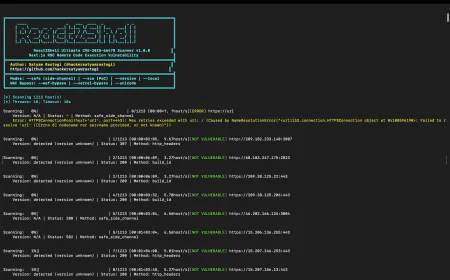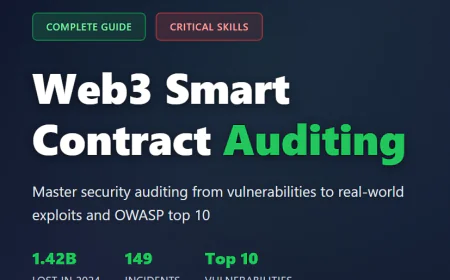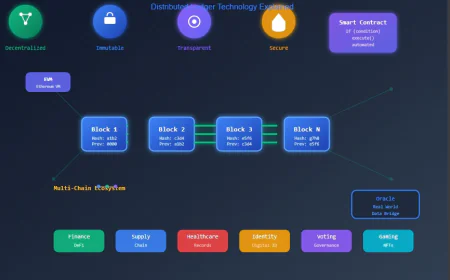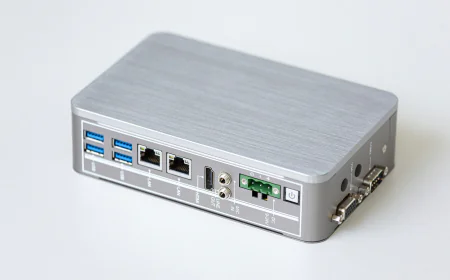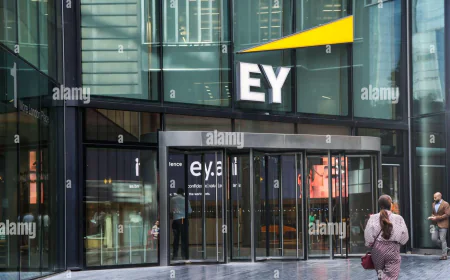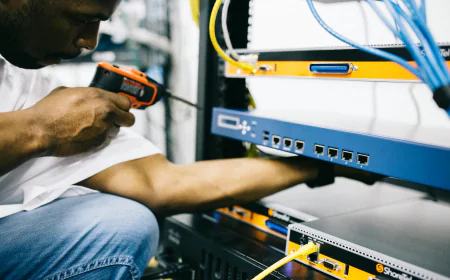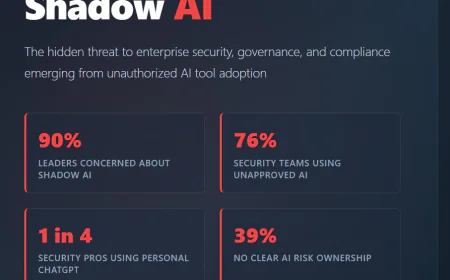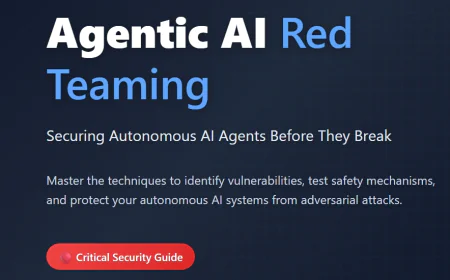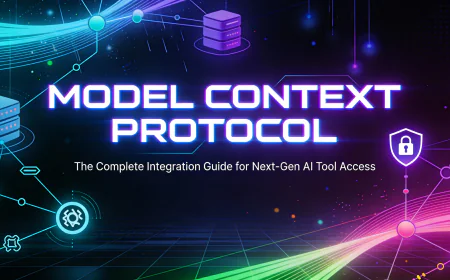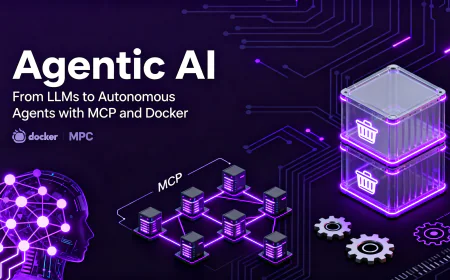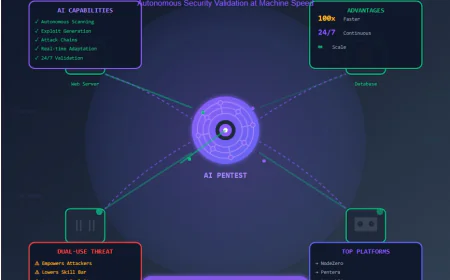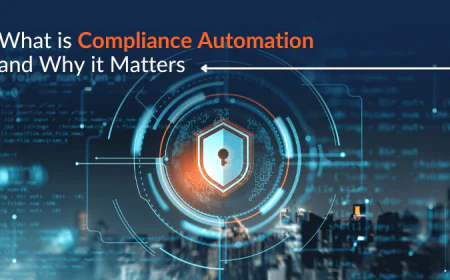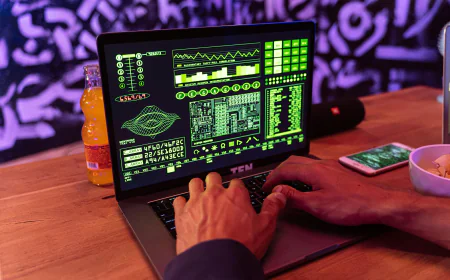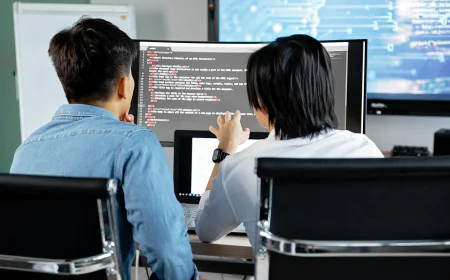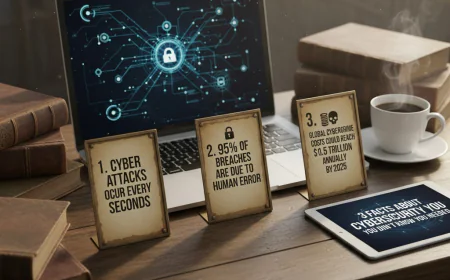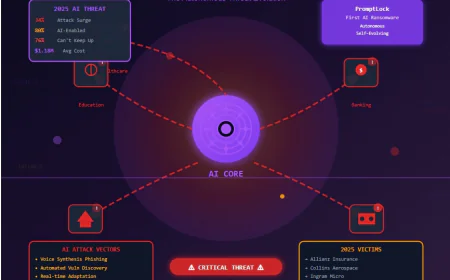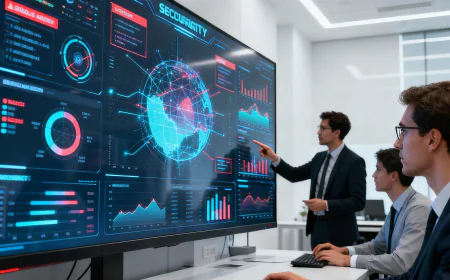The Future of DevSecOps: AI-Driven Security by 2030
By 2030, DevSecOps will be transformed by AI-driven security, turning reactive defense into proactive, autonomous protection. AI will predict threats, automate security testing, monitor compliance, and provide deep threat intelligence, all while humans focus on strategic decision-making. Organizations adopting AI in their DevSecOps pipelines will reduce vulnerabilities faster, respond to incidents more efficiently, and stay ahead of cyber adversaries. This blog explores current trends, AI techniques in DevSecOps, future projections, and challenges like data privacy, skill gaps, and ethical implications, giving readers a complete view of how AI will shape security in software development by 2030.

Introduction
As we approach 2030, the landscape of DevSecOps is undergoing a profound transformation. The integration of Artificial Intelligence (AI) is not just enhancing security measures but is fundamentally reshaping how organizations approach software development and deployment. This evolution is driven by the need for faster, more efficient, and scalable security solutions in an increasingly complex digital ecosystem.
The Current State of DevSecOps
In 2025, DevSecOps practices have become integral to modern software development. According to recent studies, 36% of organizations have adopted DevSecOps, a significant increase from 27% in 2020. Furthermore, 96% of respondents believe their organization would benefit from automating security and compliance processes, highlighting the growing emphasis on integrating security throughout the development lifecycle. StrongDM
However, despite these advancements, challenges persist. A report by Datadog reveals that only 18% of critical vulnerabilities are truly worth prioritizing, indicating a need for more efficient vulnerability management strategies. Datadog
AI's Role in the Evolution of DevSecOps
1. Predictive Threat Detection
AI algorithms are increasingly capable of analyzing vast amounts of data to identify potential security threats before they manifest. By learning from historical data and recognizing patterns, AI can predict and mitigate risks, allowing organizations to address vulnerabilities proactively.
2. Automated Security Testing
Automation in security testing is streamlining the development process. AI-driven tools can conduct comprehensive security assessments, identifying flaws and vulnerabilities in code with greater speed and accuracy than traditional methods. This not only accelerates the development cycle but also ensures higher security standards.
3. Intelligent Compliance Monitoring
With the increasing complexity of regulatory requirements, AI is being utilized to automate compliance monitoring. AI systems can continuously assess and ensure that development processes adhere to necessary regulations, reducing the risk of non-compliance and associated penalties.
Looking Ahead: DevSecOps in 2030
By 2030, the integration of AI in DevSecOps is expected to reach new heights, characterized by:
- Autonomous Security Operations: AI will enable fully autonomous security operations, capable of detecting, analyzing, and responding to threats without human intervention.
- Advanced Threat Intelligence: Enhanced AI models will provide deeper insights into emerging threats, allowing organizations to stay ahead of cyber adversaries.
- Seamless Integration: AI tools will be seamlessly integrated into the development pipeline, ensuring continuous security assessments and interventions.
- Human-AI Collaboration: While AI will handle routine security tasks, human expertise will remain crucial for strategic decision-making and complex problem-solving.
Challenges and Considerations
Despite the promising advancements, several challenges must be addressed:
- Data Privacy Concerns: The use of AI in security involves processing vast amounts of data, raising concerns about data privacy and the potential for misuse.
- Skill Gaps: There is a growing need for professionals skilled in both AI and cybersecurity to effectively implement and manage AI-driven security solutions.
- Ethical Implications: The deployment of AI in security must be handled ethically, ensuring that AI systems are transparent, fair, and accountable.
Conclusion
The future of DevSecOps is undeniably intertwined with AI advancements. As we approach 2030, organizations must embrace AI-driven security solutions to stay ahead in the ever-evolving digital landscape. By addressing the associated challenges and leveraging AI's full potential, DevSecOps can achieve a new era of efficiency, effectiveness, and resilience.
